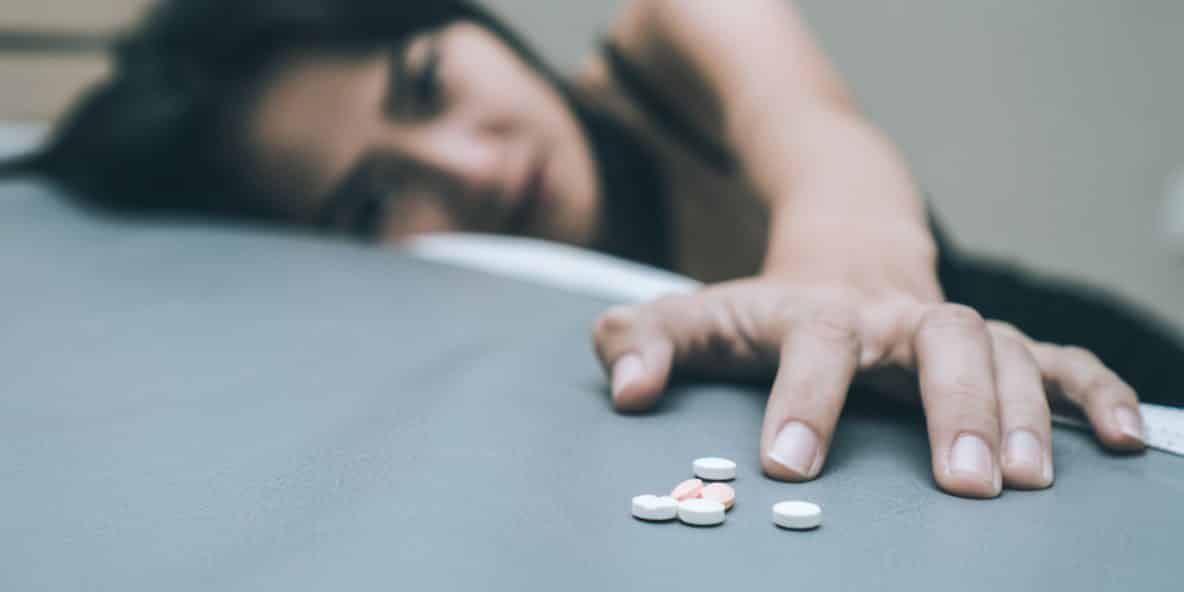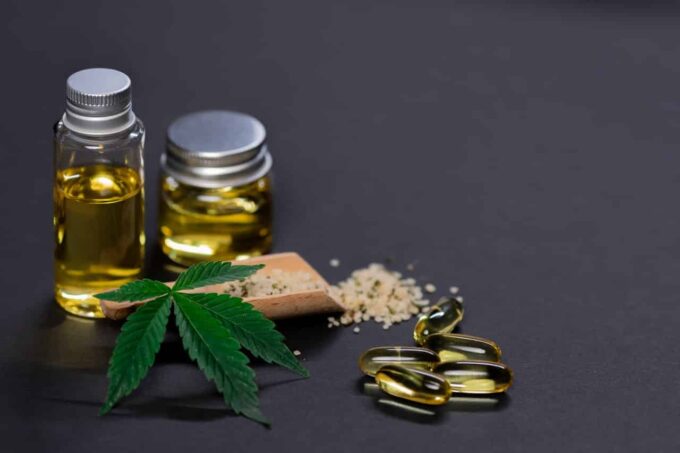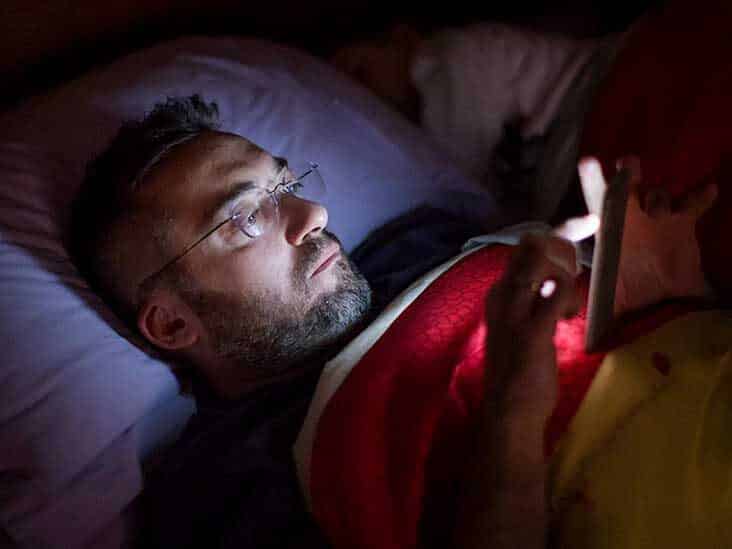Sometimes we feel that our life has many issues. It feels like that the road of our life has many cracks. We face those hurdles and do struggle for filling the gap in those cracks. Using drugs in your life is equal to increasing those cracks and your problems. Filling up this crack is not a cup of tea and a person has to make a definite struggle for getting rid of it. Recovering from the habit of pursuing drugs is tough and when a person uses drugs, he fails to understand that when he became addicted. He is unable to understand that when the power of drugs overpowered him and made him a victim of drug abuse. All of sudden, his motivation to bring a change in life vanishes and he becomes a pessimist. He starts avoiding people and often gets frustrated.
Starring role of a counselor in addiction treatment
Source: verywellmind.com
In such a situation, an addict just needs to talk to a counselor and seek treatment because only he is the one who can help him out. The counselor can alter the desire of consuming drugs and try to develop control in the patient. The sector of counseling is an entire community that is aimed to make the addicts rethink their purpose of life, motivate them and tell the addict which lifestyle will suit them more. They show the addict mirror of life and try to develop a bond with them. The relationship between an addict and counselor is of respect, openness, authenticity, and understanding. He simply listens to the addict, teaches, and gives advice. The counselor never scolds the addict and only aims to recognize his issues. When he identifies, the addict is motivated to take action against them and change his behavior.
Role of families in seeking treatment
Source: lastingrecovery.com
We live in a society where it is very difficult to address the family and friends to consider addiction a disease. It is the toughest phase where the medical staff of rehab has to convince the addict’s support system to understand his recovery phase and issues of this phase. Many family members back out at such times and give entire blame to the patient. They sometimes do not understand that interaction of the addict with his family members at this stage gives fruitful outcomes. This interaction boosts the speed of recovery. At this point, the family should be aware of how to handle the addiction of their patient. They must know how to help out the addict in moving forward. This is why family therapies are conducted at rehab centers. The counselor guides thousands of ways to the family to help the addict and become his support. This support will serve as an integral part of recovering. Recovery is the journey that will move along with the addict his entire life. When a family gets involved in it, they know how they have to tackle and move with the addict after moving out from the rehab after completion of the treatment. Studies found that families who support the addict have increased chances of success. The family must seek therapy as it will ease the complex recovery road of their addicted patient. It is human nature that they feel empowered when they know that their family is their support. They feel that they can achieve and conquer any goal. Family therapies are so beneficial and offer the following benefits:
- It evaluates and identifies all the issues and disorders related to emotional health.
- It identifies the behavioral issues and thus aims to treat them.
- It improves the interaction and communication among family members.
- It treats the mental issues and concerns that the family is going through like stress, depression, etc.
- It offers stronger collaboration and association among families.
- It teaches the way and strategies to be used for coping the family issues.
- It helps in identifying methods to become healthy support of each there is a family unit.
- Lastly, it identifies what issues are going among the family members, how their relationship is going on, etc.
It is entirely different from all the other therapies conducted at the recovery center. The therapist is responsible for not only treating the addict but also his family because the damage of the drug is not confined to a person individually. The entire family unit faces the consequences of addiction. Family therapies are necessary even for an outpatient program as well. It is more important in the case of the outpatient program because the addict will be staying with his family. See it here.
Outside support group- Another way to recover
Source: everydayhealth.com
Sometimes the staff of the rehab refers the addicts to outside support groups. Many resources can help the addict for getting recovered from drug addiction. The support of outside groups is combined with the efforts of the counselor at the drug rehab. When both of them combine their efforts, the recovery speeds up. For every type of drug, mostly there is a separate outside support group. These groups held meeting with the addicts and combine all the addicts that share similar drug addictions and experiences. When the background of all the addicts is the same they can communicate better. They share the words of wisdom, their stories, and experiences and how they are struggling to cope with the addiction. The goal of the outside support groups is to provide addicts an environment where they don’t worry about the judgments. They behave empathetically and addicts feel comfortable in such an environment. He feels the need of sharing his emotions as everyone is there to listen to him providing a non-judgmental atmosphere. The addict ultimately feels light. In very simple words, outside groups are also aiming to counsel the addict. The part of a counselor in the entire treatment is the most important one. Just enrolling the addict in treatment can never be enough. The counselor is the one who helps the addict in rebuilding his relationship with the family, friends, and outside world again.




